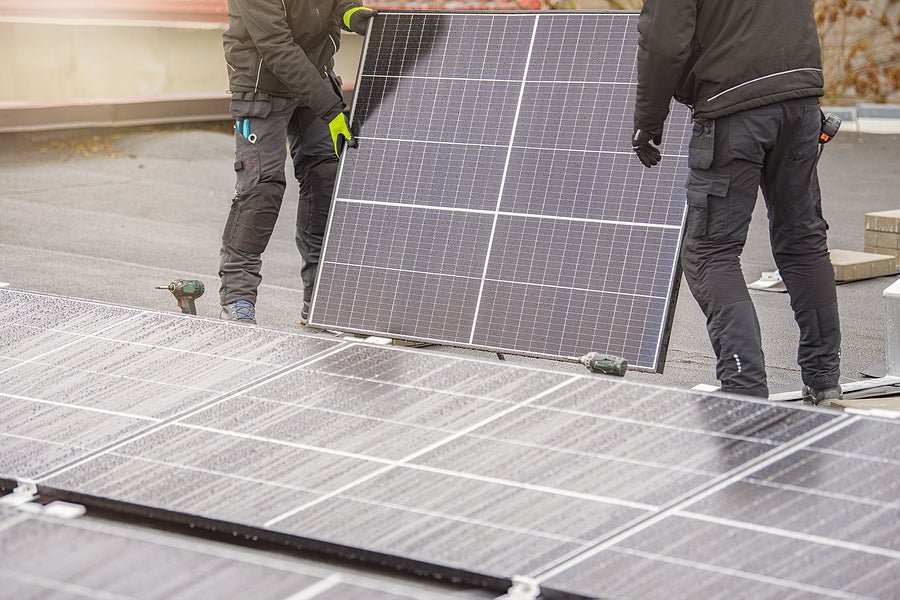Solar Panels for Home or Business – What Do You Need to Know?
By: Paul Medea

Depending on where you live or where your business is, you may be eligible for state and local tax incentives and rebates for solar panel installation. These adjustments can dramatically reduce the cost of a solar energy system.
Comparison shop for solar panels as you would for any other business improvement project. Use tools to compare solar companies’ customer reviews, certifications, and BBB profiles.
Price
The price of solar panel installation quotes varies greatly. This includes labor charges, a variety of solar energy system supplies, and operational costs like inverters.
Using the information from your utility company, your solar professional will calculate how much power your business needs to run and then determine an appropriate system size. An average two-person business uses about 10,000 kilowatt-hours per year.
Solar companies may also offer rebates and other incentives to lower the overall cost of the solar system. Ask your installer about local state and federal tax credits, clean energy financing initiatives such as PACE, and solar renewable energy certificates or SRECs. In addition, many solar providers offer free product warranties. These will cover any damaged panels for 25 years.
Installation
There are a few different ways to finance your solar installation. You can pay upfront, take out a loan or enter into a Power Purchase Agreement (PPA). Each option affects the total cost of your project.
Once you sign a contract and the equipment is ordered, an engineer will come to your business to ensure your roof is structurally sound. They will also check the circuit breaker and electrical panel to ensure your system can handle the load.
The installation team will start by prepping the work site and removing any items in the way of the panels. They will also set up scaffolding if necessary.
Next, the installers will install the wiring and connect the inverter. If you opt for a battery backup, the battery will also be installed now.
Maintenance
While solar systems generally don’t require much upkeep or repair, things do happen. You’ll want to look up the maintenance schedule for your specific panel brand and type. Still, most will only recommend keeping them clear of debris and using user-friendly solar system monitoring software.
The electricity your panels create will vary monthly depending on the weather, but significant discrepancies should be investigated immediately. If your solar equipment is not producing as much as it should be, check with your installer about a workmanship warranty.
Most business owners find that their business owner’s insurance company will cover solar panel installation. A good insurance agent will help you determine if the best way to proceed is with a separate policy or an endorsement of your existing one. Many solar companies also offer a maintenance plan that includes yearly inspections and cleanings. This can make the upfront cost of a rooftop system more affordable.
Warranty
When choosing a contractor, make sure they offer an installation warranty. This can cover 5,10, or even a lifetime workmanship warranty for as long as you own your business. This warranty can save you money on future repair and maintenance costs.
Choosing a contractor certified in the industry and installing your solar system according to the manufacturer’s guidelines is essential to maintain product workmanship and performance warranties. Altering panels or not having them installed properly will void the warranty. You can check out Blue Raven Solar for more information.
In addition to installation and warranty, your installer will help you apply for federal and state tax credits and rebates and fill out PACE applications. They should also be knowledgeable about local building permits and restrictions. Choosing an experienced contractor that will handle all of this for you is essential. Lastly, you want to make sure your solar system is sized correctly. This will ensure you are not pushing the equipment above its rating thresholds and triggering a product warranty issue.
1708 Views












